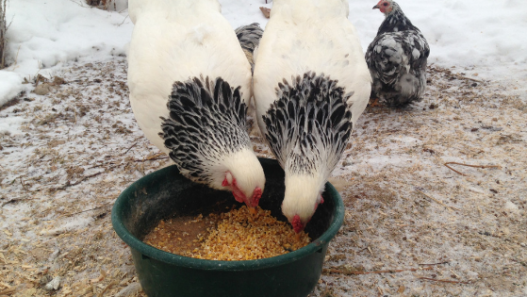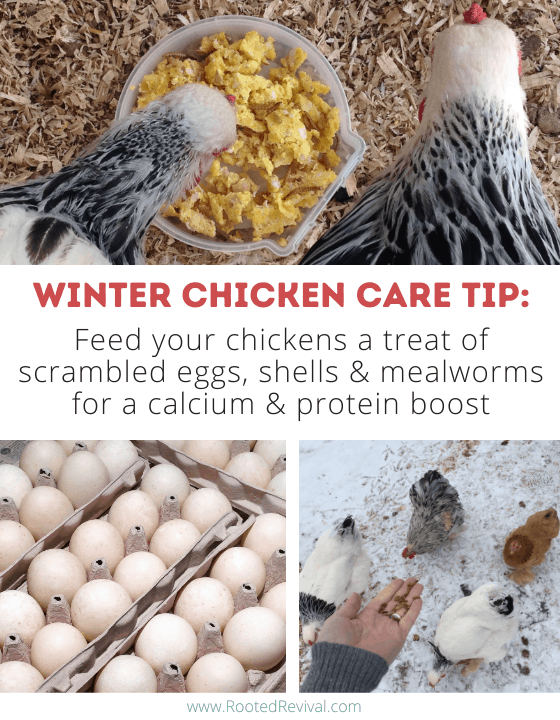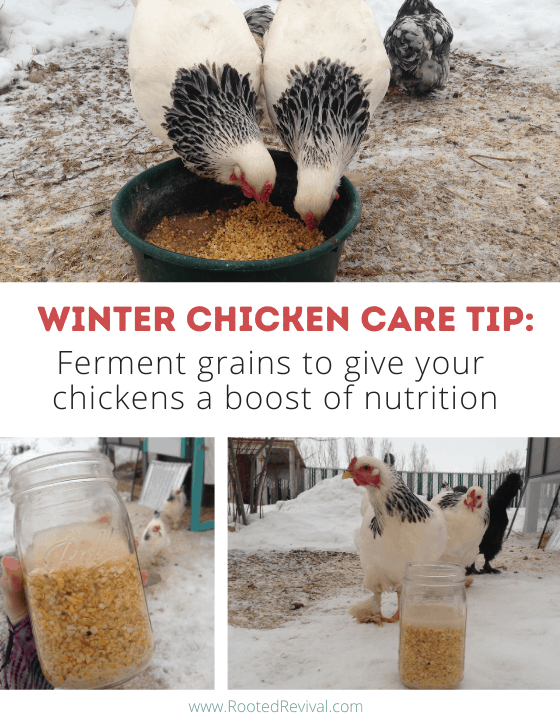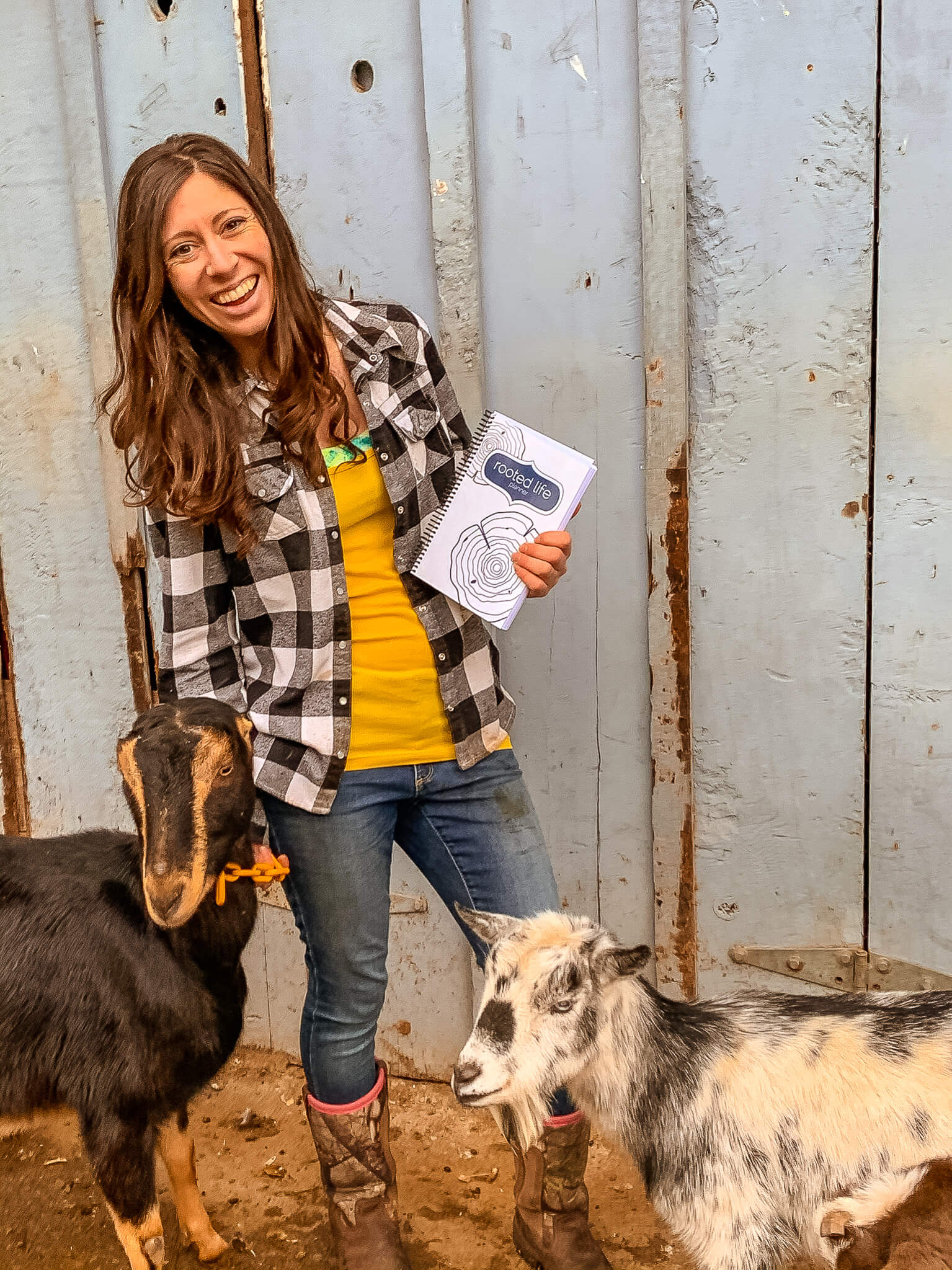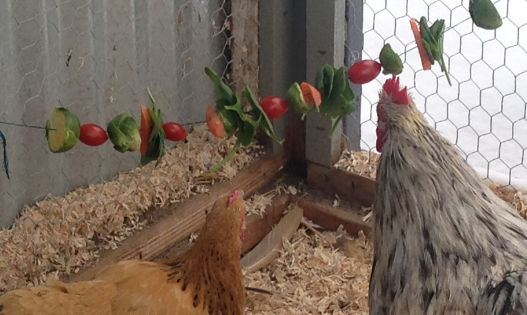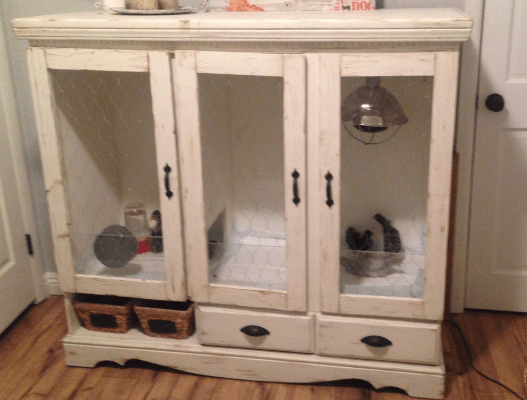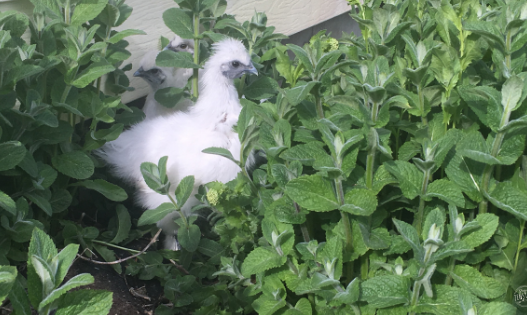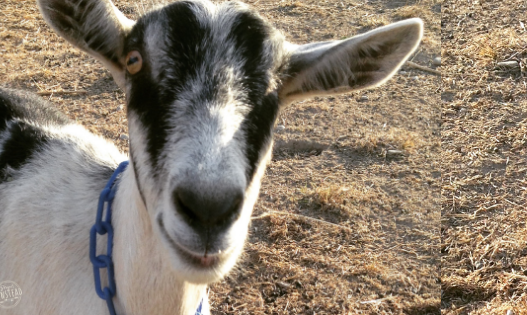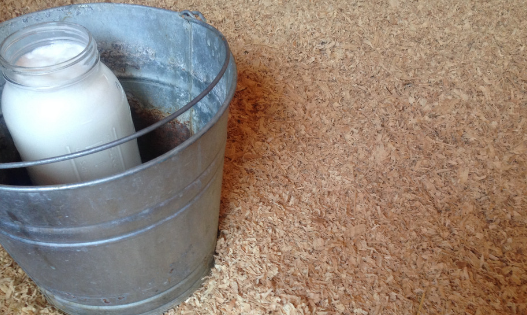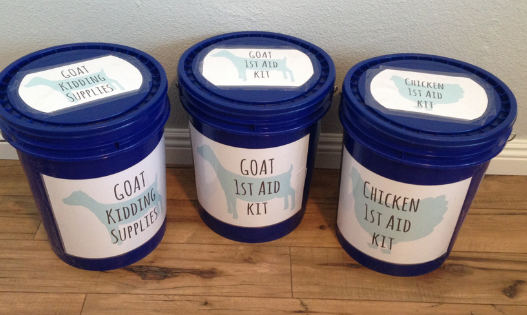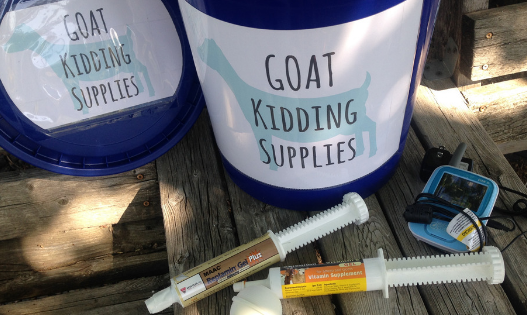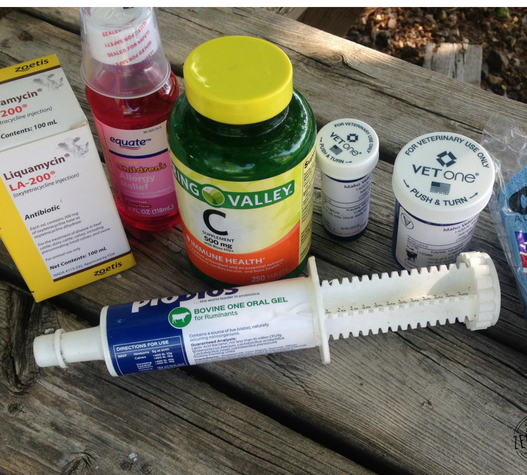During the winter, chicken nutrition is important! These 5 easy tips will help ensure your chickens stay nourished and happy this winter!
Has winter ended yet?? Apparently not. Which is why I am sharing my best winter chicken care tips in a four-part series! This week, I’m talking all about how I feed my chickens over the winter months to make sure they stay healthy and happy!
In addition to feeding a high quality layer feed, my chickens free-range throughout our yard, which adds a great deal of nutrition to their diet.
Unfortunately, the yard has been covered in snow for over a month and a half at this point! So let’s talk about how some tricks that I have been using to be sure that my chickens have a healthy and natural diet – even with snow covering the ground!
And, be sure to check out the other posts in the Winter Chicken Care series, too!
- How to Prepare your Chicken Coop for Winter
- Ideas to Keep your Chickens Entertained this Winter
- How to Keep your Chickens Healthy All Winter Long!
** I may receive a commission at no additional cost to you from purchases made through links in this article. Thank your for supporting this blog! Full Disclosure Link **
Winter Chicken Feeding Tip #1: Provide healthy snacks!
Chickens that are a year or older will generally go through a molt in the fall/early winter. Depending on when the snow starts to fall, your chickens may still be molting, or just ending their molt, when the winter weather begins.
Molting is a normal process, but it can put an additional strain on your chicken’s health. Increasing protein and calcium during this time period will help your chickens handle the molt like a champ!
During the winter, I love to scramble up some eggs (shells and all!) for my chickens. The egg shells provide calcium and the eggs are a complete source of protein. I know a lot of people who are creeped out by the thought of their chickens eating their own eggs, but it really is fine! I promise!
But, if feeding your chicken its own eggs isn’t your cup of tea, you can provide free choice oyster shells to boost their calcium intake. For an extra boost of protein, I occasionally scatter freeze-dried mealworms around the coop for the chickens to find.
Winter Chicken Feeding Tip #2: Store veggies to provide fresh foods over the winter
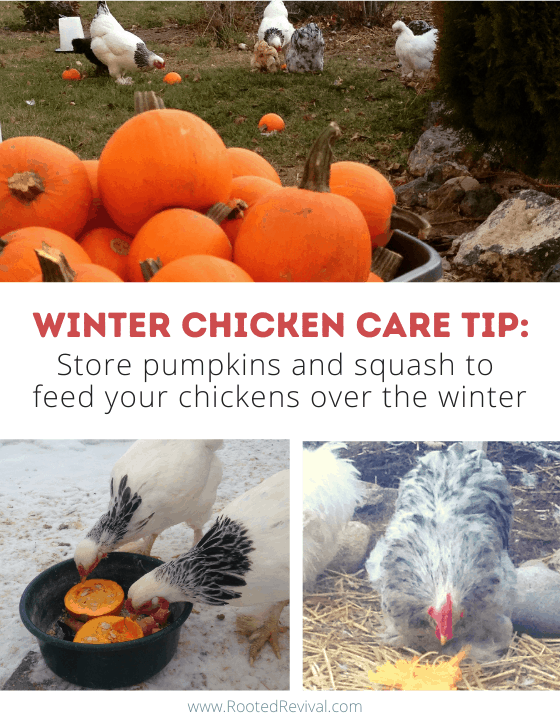
Certain fruits and veggies can be harvested in fall and stored over the winter months. These foods make it possible to provide your chickens with a dose of fresh goodness!
In the fall, when pumpkins and squash are prevalent, I stock up and store them in a cool, dark place (or in a root cellar if you have one!). They’ll last several months, depending on temperature and moisture levels. After Halloween, check with your local nurseries to see what they plan to do with unsold pumpkins. They may be more than willing to give them to you for free. We ended up with a giant stockpile of totally free pie pumpkins this year!
The “meat” of pumpkins and squashes provide Vitamin A, E, and C, along with lutein and betacarotene. Be sure to let your chickens enjoy the pumpkin seeds as well, because they pack an extra punch protein!
Apples, carrots, root veggies and even dried ears of corn will also store well over winter and provide extra vitamins and minerals to your chickens.
Winter Chicken Feeding Tip #3: Sprout grains for fresh greens all winter-long
Sprouting your own grains is a wonderful way to let your chickens enjoy fresh greens, even in the dead of winter!
Sprouting grains are cheap and easy to grow! Some popular whole grains that can be sprouted include wheat, barley, corn, millet, buckwheat, and alfalfa. No expensive supplies are necessary and you can easily sprout grains in mason jars or other kitchen containers. Here is a great post from the University of Missouri Extension office explaining how to safely sprout grains at home.
We sprouted some alfalfa grains last week and the chickens loved them! In previous winters, we’ve sprouted wheat, lentils and clover. The chickens always have blast pecking at them and eating it!
Winter Chicken Feeding Tip #4: Ferment whole grains to boost nutrition
Whole grain feeds can be easily fermented at home to provide a nutritional punch for your chickens! Fermented feed is easier for chickens to digest because the fermentation process makes nutrients and enzymes more readily available.
It’s such an easy process and the chickens crave it! Also, your chickens will require less of the fermented feed compared to a commercial crumble because the nutrients are easier for them to absorb. That means lower feed costs for you and a healthier diet for your chickens. That’s a win-win for everyone!
The fermented feed in the pictures above is an organic scratch mix. On really cold nights, I give our chickens the fermented scratch (primarily corn) because the carbs will help increase their body temps. It’s also great for a treat on cold days, but it can’t be their primary feed source.
I also ferment our whole-grain layer feed. If you want more info, check out this post from Scratch and Peck all about the benefits of fermented feeds!
Winter Chicken Feeding Tip #5: Don’t forget the basics: water and grit!
Water:
This may seem like a no-brainer, but keeping your chickens supplied with fresh water can prove difficult in sub-zero temperatures. Dehydration is a very real threat to a chicken’s health during the cold winter months. Keeping up with the freezing temperatures will require visiting your chicken’s water every couple hours to crack the ice and provide fresh water.
There are several DIY methods (like using ping-pong balls or bottles of salt water) to help keep water unfrozen that you can experiment with. In my personal experience, I’ve had marginal results at best with these DIY methods.
The best option for us was to buy a heated chicken waterer. We use a Farm Innovators Heated Poultry Fountain and run a heavy-duty extension cord to it from our house. It is rated to keep water unfrozen in temps above zero degrees Fahrenheit. We have only had it completely freeze over on one occasion when the overnight lows got down to around -15 degrees Fahrenheit.
In addition to using a heated waterer, we also position a glass window over the waterer to capture passive solar heat and help keep the water from freezing.
Grit:
Like fresh water, grit is another essential item for chickens! Since chickens don’t “chew” their food, the grit helps chickens properly digest their foods by aiding in the grinding and digestion process that takes place in the chicken’s gizzard.
If chickens free range, they can usually pick up enough little bits of sand and rocks to break down their food. But, in winter when the ground is covered in snow, it can be harder to find these substances. This makes it especially important to provide grit!
Be sure to check out the other posts in the Winter Chicken Care series, too!
- How to Prepare your Chicken Coop for Winter
- Ideas to Keep your Chickens Entertained this Winter
- How to Keep your Chickens Healthy All Winter Long!
If you like it then you better put a pin on it!

